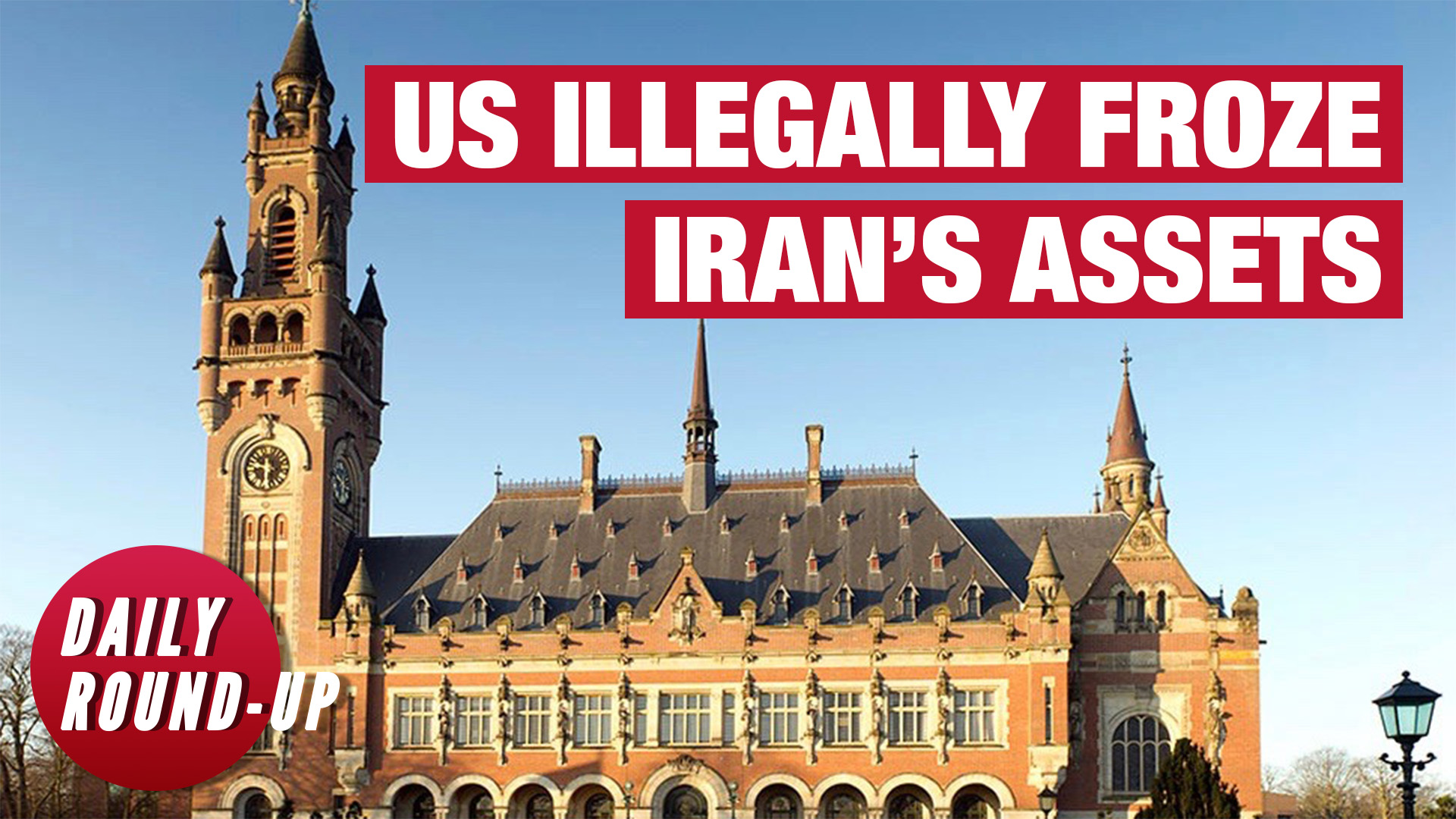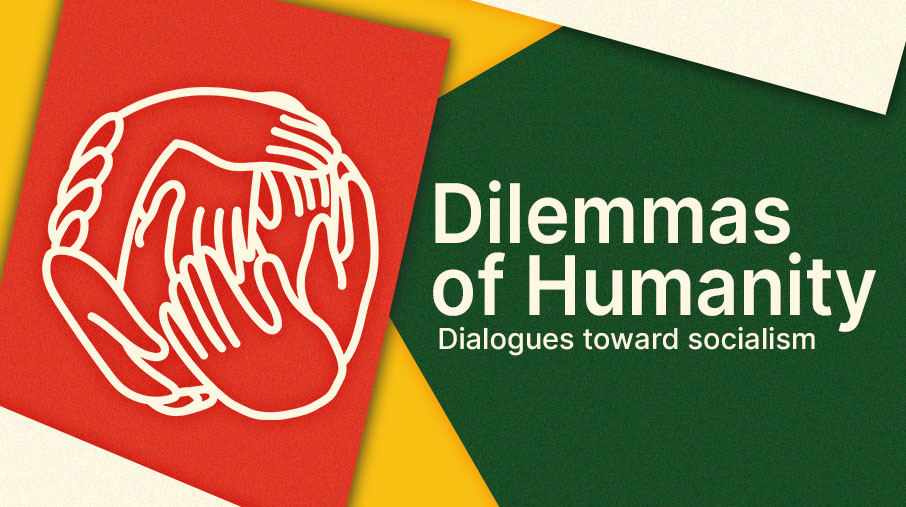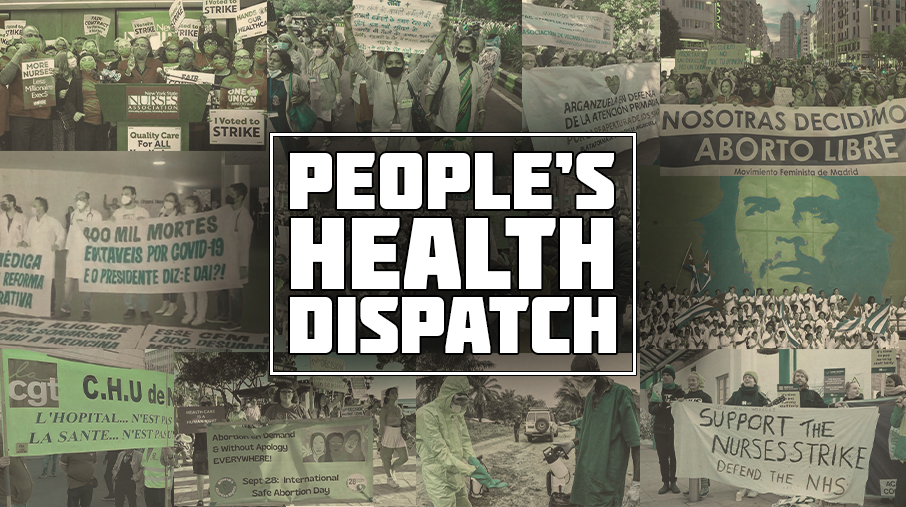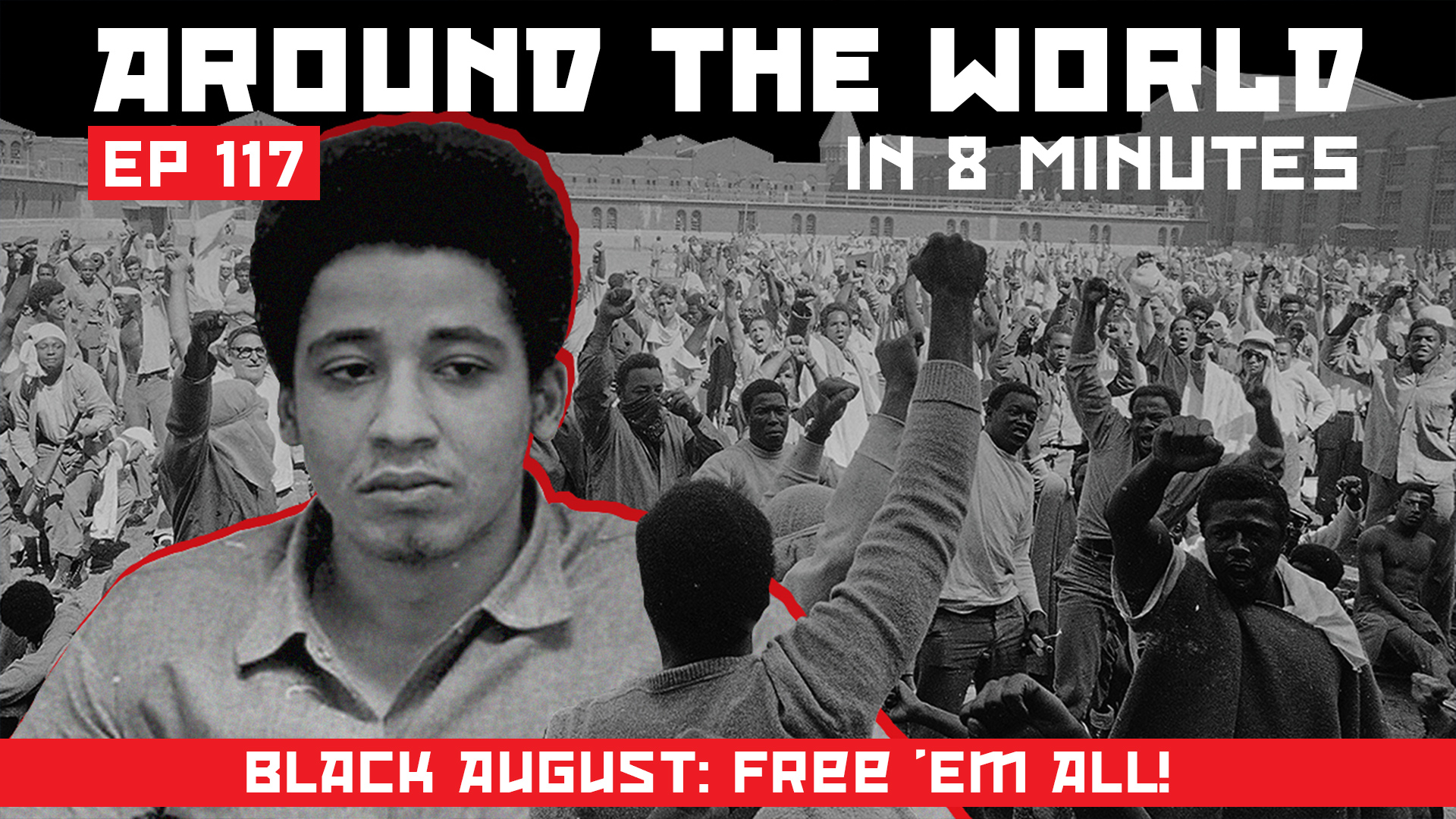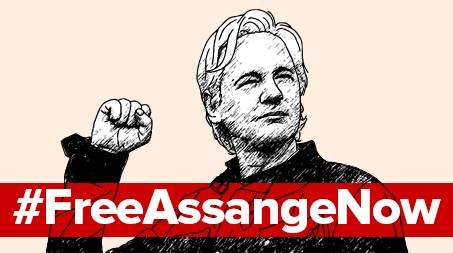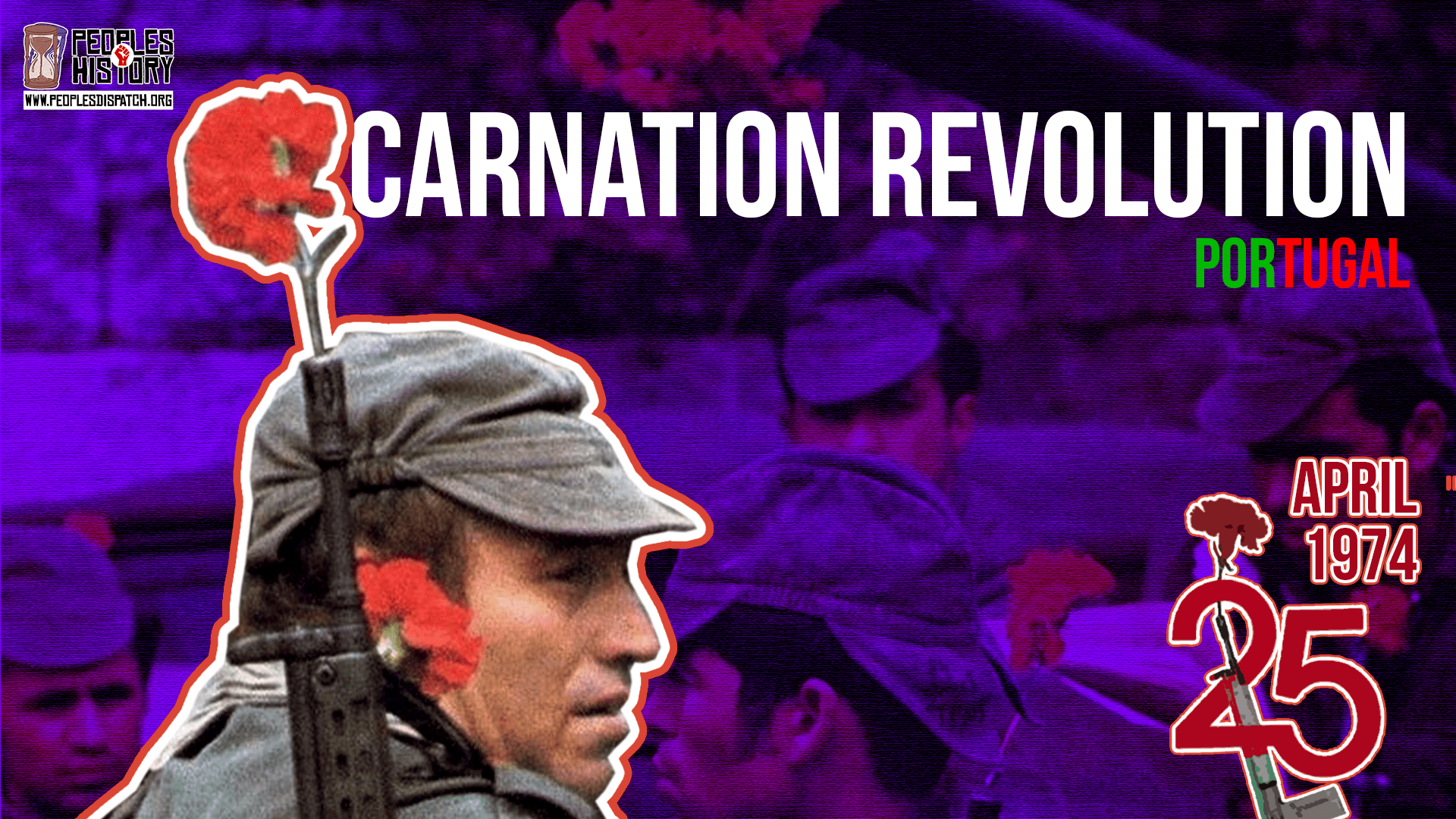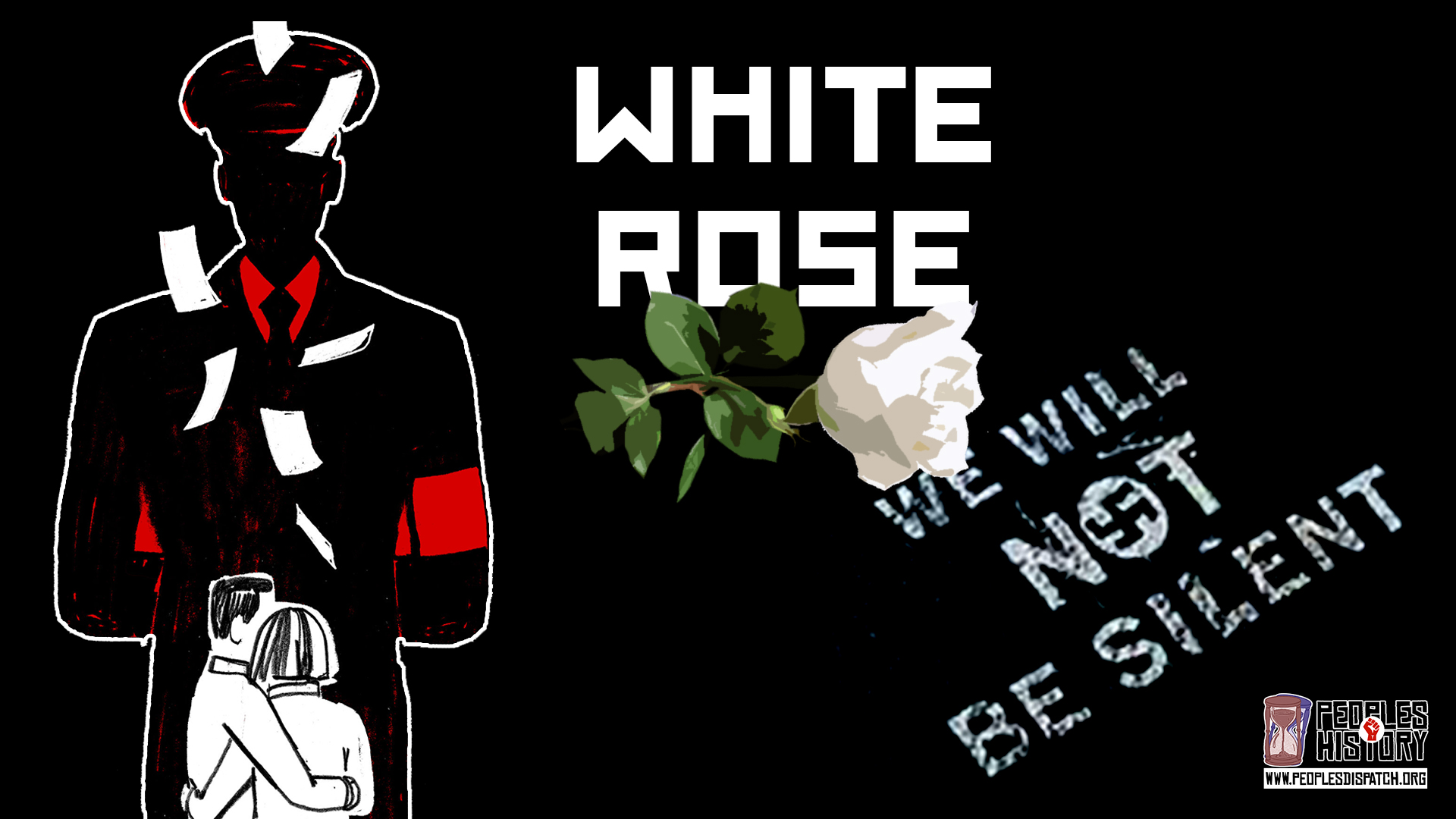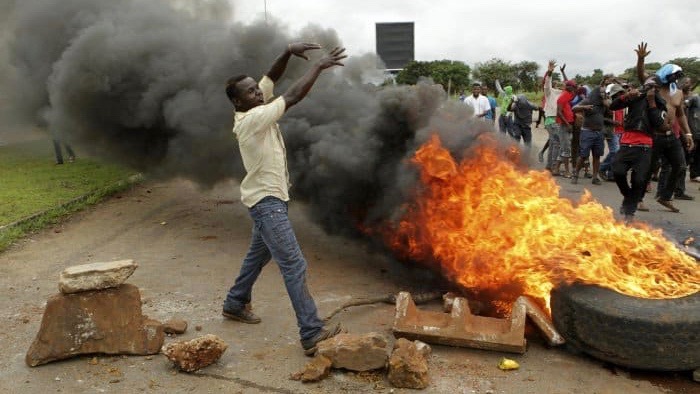 Zimbabwe’s left and progressive forces face a quandary
Zimbabwe’s left and progressive forces face a quandary
The government in Zimbabwe is relying on large scale deployment of security forces to quell the protests sweeping the country, which may turn into a mass uprising. Left forces have however warned that the protests could be hijacked
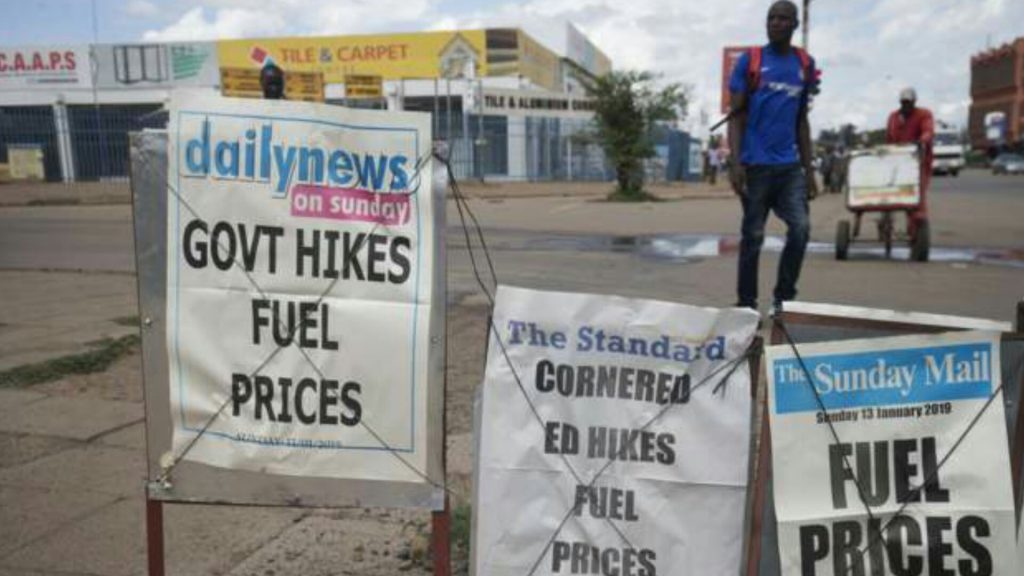 Zimbabwe on the brink: no option left but to revolt, union leader says
Zimbabwe on the brink: no option left but to revolt, union leader says
As the rumours of a military coup persists, government attempts to confine soldiers to barracks which are rumoured to have run out of food.
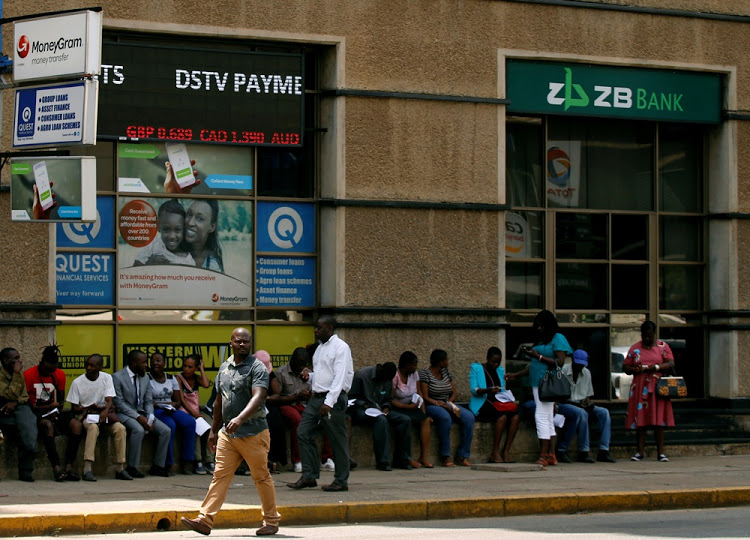 Zimbabwean trade union demands President take action to address economic crisis
Zimbabwean trade union demands President take action to address economic crisis
General Secretary of UFAWUZ, Ady Mutero, explains the nature of the severe economic crisis in Zimbabwe
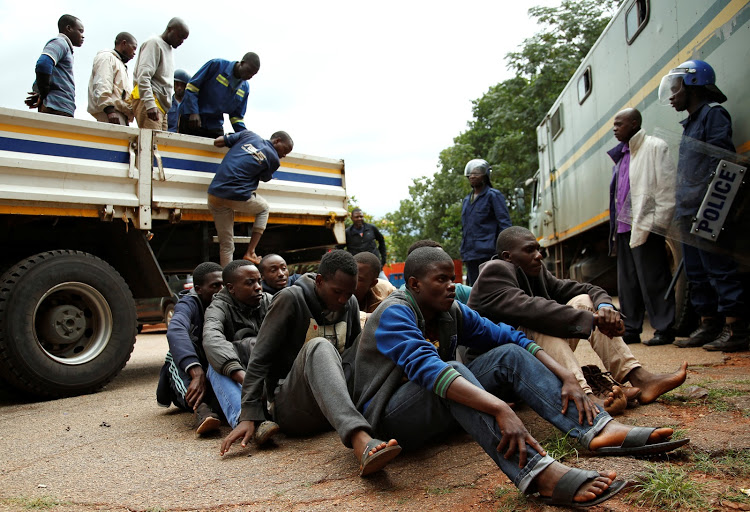 At least 1,000 Zimbabweans arrested during January protests are still behind bars
At least 1,000 Zimbabweans arrested during January protests are still behind bars
As many as 995 protesters have been denied bail and continue to languish in prison. Recent reports have revealed the extent of cruelty by security forces on the people of the country, as well as the targeting of leaders of trade unions and social movements
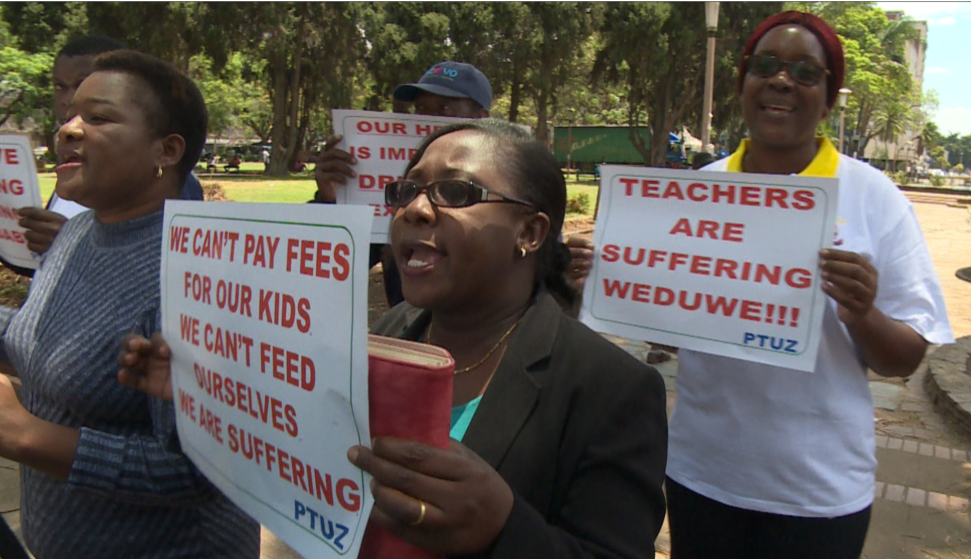 US extends sanctions against Zimbabwe citing “extraordinary threat”
US extends sanctions against Zimbabwe citing “extraordinary threat”
US president Donald Trump extended the sanctions for one more year despite a number of world leaders calling for their withdrawal to alleviate the misery of recession-hit Zimbabwe. The sanctions have been in place since the first term of George W. Bush
 Post repression of protests, uncertainty looms over Zimbabwe
Post repression of protests, uncertainty looms over Zimbabwe
In the aftermath of the crackdown on protests against Emmerson Mnangagwa’s austerity policies, the government faces a crisis of legitimacy even as rumors spread of the army’s role in governance increasing
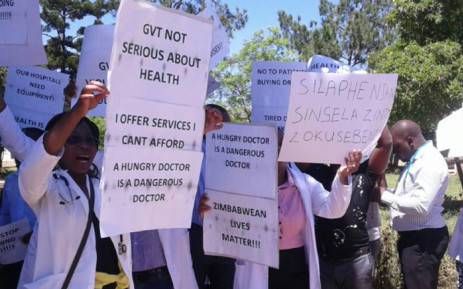 Zimbabwe’s civil servants too may launch strike seeking wage hike
Zimbabwe’s civil servants too may launch strike seeking wage hike
The over 300,000 civil servants are also demanding that they be paid in US dollars rather than in the bonds introduced by the Zimbabwe government. Teachers and doctors had gone on strike earlier
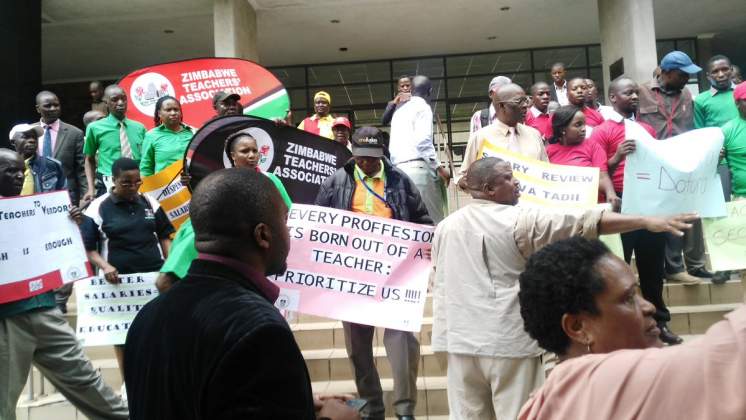 After doctors, teachers launch nationwide strike in Zimbabwe
After doctors, teachers launch nationwide strike in Zimbabwe
Their main demands include a rise in salary from $500 to $3000 and payment in US dollars rather than in bonds. Teachers and doctors in Zimbabwe receive among the lowest pay in the world for their professions
 Post-election violence in Zimbabwe: probe seeks action against security personnel but not govt.
Post-election violence in Zimbabwe: probe seeks action against security personnel but not govt.
Six people died and 35 were injured in the protests by opposition parties in the aftermath of the elections. While the inquiry commission recommends a probe against soldiers, it does not seek action against the president and others who sanctioned military deployment
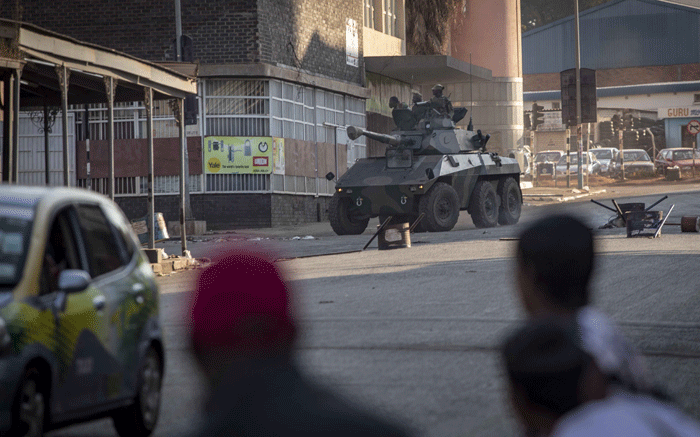 ‘Zimbabwe today is full of revolutionary possibility’
‘Zimbabwe today is full of revolutionary possibility’
The huge protests in the aftermath of the election reflect a deep-rooted desire among the people to effect a change in the system


